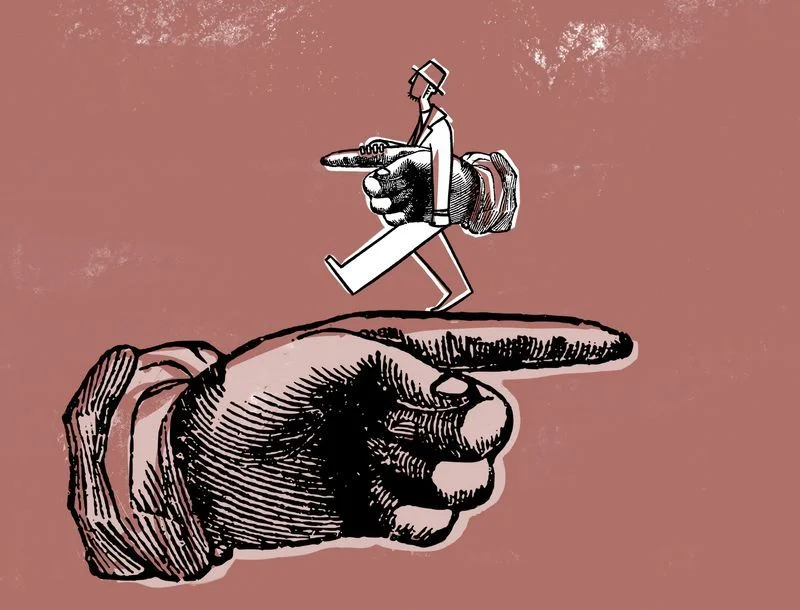US President Donald Trump said on Wednesday that he was pausing his new tariffs for 90 days except on China, which he announced he will raise to 125 percent.
Trump took to his site Truth Social at 1:18 pm and also posted on X that he had “authorized a 90-day PAUSE, and a substantially lowered Reciprocal Tariff during this period, of 10 percent, also effective immediately”.
Trump did not specify which countries the pause would apply to, but he was clear that the levies would climb for China and would be raised further after he applied a 104 percent tariff on the country on Tuesday.
China had replied to the rise in tariffs Wednesday, announcing that it would put an 84 percent levy on all US imports in response to the US.
Trump posted: “Based on the lack of respect that China has shown to the World’s Markets, I am hereby raising the Tariff charged to China by the United States of America to 125%, effective immediately.”
The US has significantly escalated tariffs on Chinese goods in recent years. From an average of 19-20 percent in 2018 and 2019, the rate increased by 20 percent earlier this year, followed by an additional 34 percent in April, bringing the current cumulative total to approximately 74 percent. With the latest 50 percent hike, the total burden could reach 124 percent.
This means that the actual rate of tariffs announced today for China could reach 145 percent, calculations show.
The pause on tariffs for other countries immediately buoyed the S&P 500, which showed gains climbing more than 9 percent. The Nasdaq was up 12 percent, and the Dow Jones Industrial Average up 7.8 percent.
The White House said this week that over 70 countries had come forward to negotiate tariffs; the post by Trump pinpointed the countries that had retaliated with levies.
“Based on the fact that more than 75 Countries have called Representatives of the United States, including the Departments of Commerce, Treasury, and the USTR, to negotiate a solution to the subjects being discussed relative to Trade, Trade Barriers, Tariffs, Currency Manipulation, and Non Monetary Tariffs, and that these Countries have not, at my strong suggestion, retaliated in any way, shape, or form against the United States, I have authorized a 90 day PAUSE, and a substantially lowered Reciprocal Tariff during this period, of 10%, also effective immediately. Thank you for your attention to this matter!”
However, China was not the only country to respond by announcing its own levies on US goods after the “Liberation Day” tariffs were announced on April 2.
The European Union, hit by 20 percent tariffs by Trump that went into effect Wednesday, was among those that hit back at the reciprocal tariffs by announcing its own levies on US goods that would take effect next week.
EU leaders — in charge of 27 countries — said they would place a 25 percent tariff on US goods, impacting around $23 billion in imported US products. That would include American meat, iron, soybeans, steel, textiles, tobacco and ice cream, according to details seen by The Washington Post.
The change in policy was a significant U-turn for the president, who had shown no signs of backing down.
Karoline Leavitt, the White House press secretary, said the tariffs would be brought down to a universal 10 percent, a large reduction for many countries.
The policy change came amid a selloff of US bonds and calls by economists and businesses leaders that the tariffs would hurt US consumers, businesses and the economy.
Later in the day, Trump told reporters that he implemented the pause on global tariffs, excluding China because people were getting “yippy” and “afraid” when they saw the state of the stock market, adding, “Nothing’s over yet.”
He added that he had watched an interview with JP Morgan CEO Jamie Dimon, who said a recession was a “likely outcome” due to the tariffs.
Trump described Dimon as “very good” during the interview and said that “something had to be done with the tariffs and trade”.
“He’s very smart and … a genius financially, he’s done a fantastic job at the bank,” Trump said.
Also See: China Hits Back at US with 84% Tariff Hike and New Countermeasures
Gary Winslett, an assistant political science professor at Middlebury College in Vermont posted: “The 90-day pause is a step in the right direction, but the trade war with China is still bad, the universal 10 percent tariff is even worse, the on-again-off-again approach is bad for investment and jobs and we further undermined geopolitical leadership with nothing to show for it.”
Musk, who was reported to be against the tariffs, posted an American flag-themed Pepe the frog wearing a superhero costume on X after the pause on tariffs. He relies heavily on the US and China for both manufacturing and consumers.
Bharat Ramamurti, former deputy director of the National Economic Council wrote on X: “Trump previewed a bizarre tariff strategy that froze business investment for the first few months of the year. He then announced an even more unhinged tariff plan that tanked global markets. Then he caved without gaining the US anything.”
This news is sourced from China Daily and is intended for informational purposes only.

![Trump pauses global tariffs for 90 days, hikes China's to 125%, triggering global reactions and market volatility. [Image via China Daily]](https://southasiatimes.org/wp-content/uploads/2025/04/67f726f7a3104d9fd1558dab.webp)




